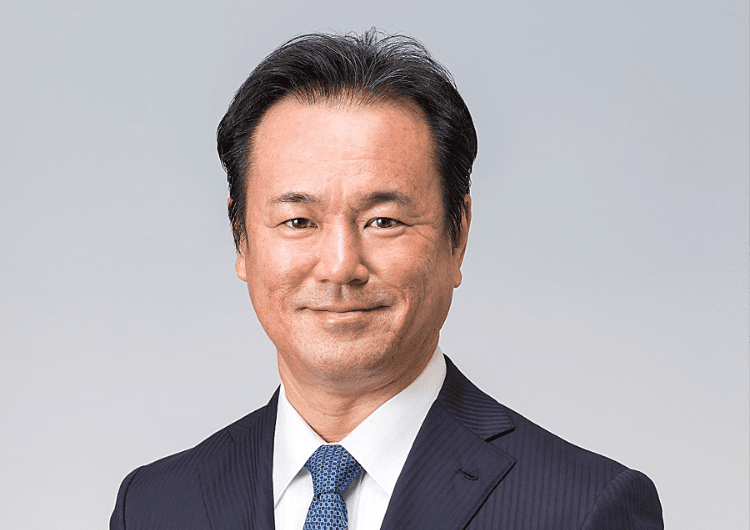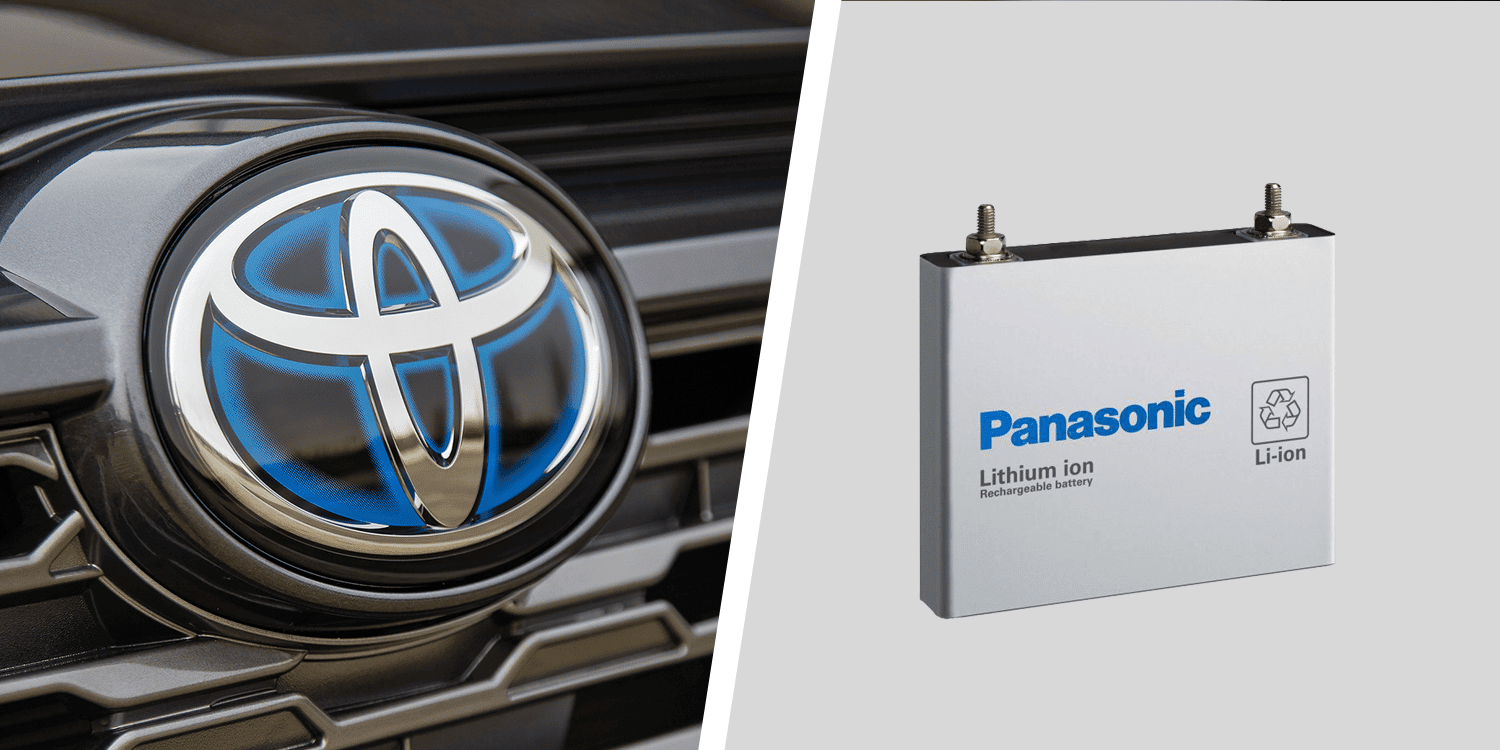PPES (Prime Planet Energy & Solutions) is a joint venture between Toyota and Panasonic born in April 2020. The Japanese company holds 51% of the shares, the battery giant 49%. The company has just launched a plan to reduce lithium-ion battery manufacturing costs and become more competitive than Chinese and South Korean competition.
The company is headed by Hiroaki Koda, a former Toyota executive who has a management culture devoted to reducing waste. And it is precisely by following this philosophy that PPES has set the halving the production costs of batteries by 2022, adding the ambitious promise of achieving a cut even 65-70% for 2025. But is it possible?
Where to reduce costs to produce batteries
Circa the 60% of lithium-ion battery costs are attributable to raw materials (with lithium and cobalt in pole position), prices are soaring due to the growth in demand for electric vehicles and technological devices. The remaining 40%instead, it goes away between development, production and investments in factories and plants.
PPES aims to reduce costs throughout the production cycle, and then reach lower prices at the time of sale.
Ours is a competitive environment. We want to cut production costs and reach certain price levels to make electric cars attractive and facilitate their spread. If we run out, we don't sell.
Hiroaki Koda, PPES

Between hybrid and full electric
PPES's first objective is to produce batteries for hybrid cars and reach a 25% share of the battery market for this type of car. But in the future the company will increasingly try its hand at producing batteries for full electric cars, trying to consolidate its market positioning in both sectors. Operations began in April 2020, and the company has been producing in total since then 1,4 million batteries for hybrid and electric, but wants to expand.
Could this also be why Panasonic sold all the Tesla shares it owned?
This year PPES also started BEV battery lines at its factories in Himeji, Japan. There the expected production is 80.000 batteries for the first 12 months. This also gives us an idea about the numbers Toyota will make in the short term. Also in Japan, the Shikoku plant will be expanded to produce hybrid car batteries from 400.000 to 500.000 per year.


